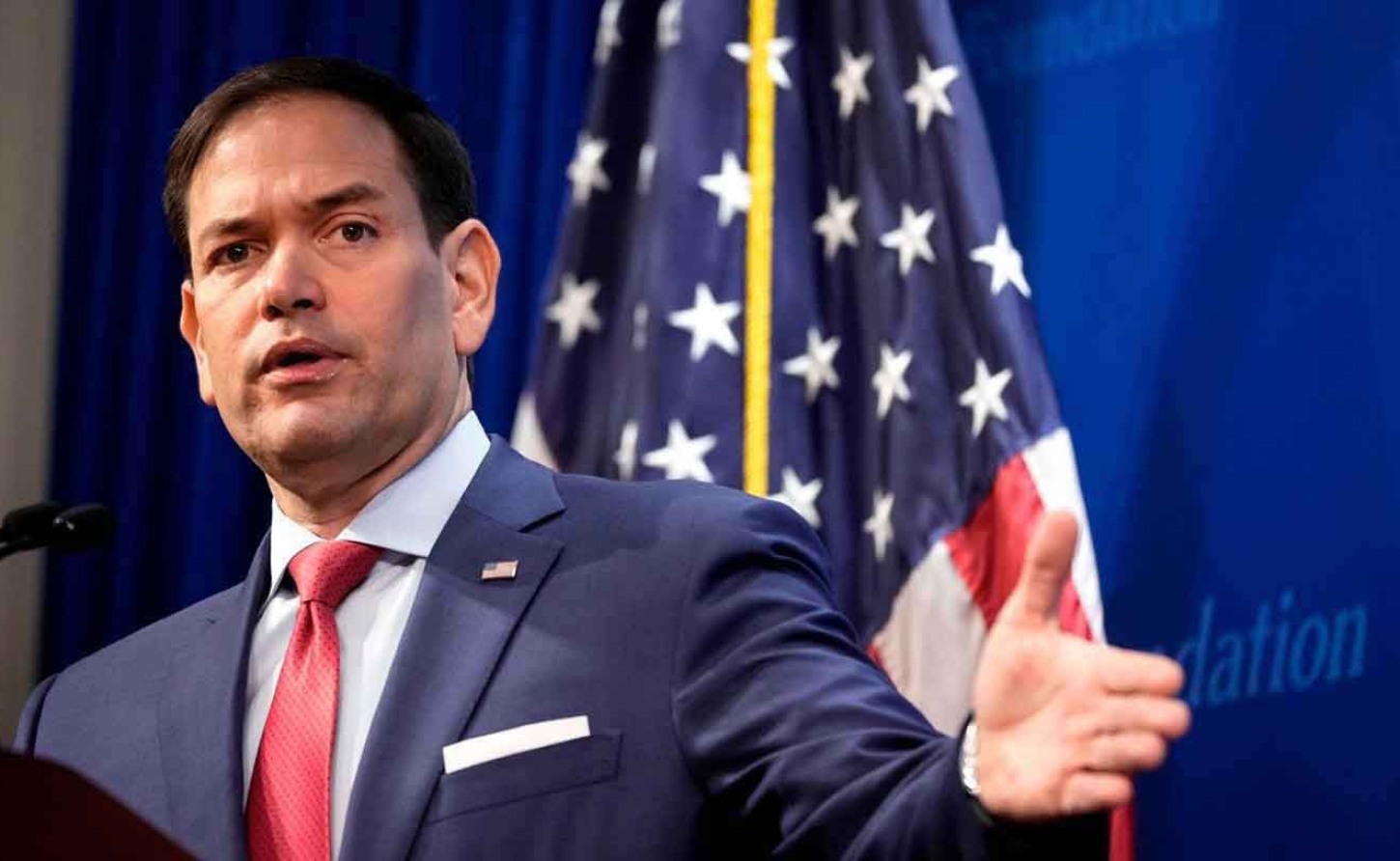CUBA | Medical Diplomacy Under Fire: How Washington's War on Cuban Doctors Threatens Caribbean Healthcare

US Secretary of State Marco Rubio's escalating campaign against Cuban medical missions reveals a dangerous willingness to weaponize healthcare in pursuit of regime change.
On August 13, US Secretary of State Marco Rubio delivered a calculated blow against Cuba's global medical programme, revoking visas for Brazilian officials Mozart Julio Tabosa Sales and Alberto Kleiman—architects of the Mais Médicos program that brought over 10,000 Cuban doctors to Brazil's remote regions between 2013 and 2018.
The move, targeting officials from Africa, Grenada, and other nations employing Cuban medical professionals, represents an unprecedented escalation in Washington's six-decade war against Havana.
But this isn't just about Cuba. Rubio's sanctions threaten the healthcare infrastructure of Caribbean nations that depend on Cuba's 24,000 doctors working across 56 countries worldwide. The stakes couldn't be higher for a region where Cuban medical brigades have become the backbone of public health systems.
Personal Vendetta Meets State Power
Rubio, son of Cuban immigrants who fled their homeland in 1956, has built his entire political career on demonizing Cuba's government. During Trump's first term, a US diplomat revealed the administration's Cuba policy: "whatever he wants, he gets. Just keep him happy". Now, as America's top diplomat, Rubio wields unprecedented power to transform personal grievance into foreign policy.
The Cuban-American Secretary has already sanctioned Cuba's president, defense minister, and interior minister, while systematically targeting the medical missions that provide Cuba with desperately needed foreign currency. His justification—that Cuban doctors work under "forced labor" conditions—rings hollow across the Caribbean, where leaders have witnessed firsthand the program's humanitarian impact.
Caribbean Defiance: Sovereignty Over Sanctions
The regional response has been swift and unified. Trinidad's then Prime Minister Keith Rowley declared he wouldn't mind losing his US visa, stating: "I will ensure that the sovereignty of Trinidad and Tobago is known to its people and respected by all". St. Vincent's Ralph Gonsalves was even more blunt: "I will prefer to lose my visa than to have 60 poor and working people die," referring to patients receiving dialysis treatment from Cuban doctors.
Jamaica's Foreign Minister Kamina Johnson Smith noted the island has more than 400 Cuban doctors, nurses, biomedical engineers and technicians, emphasizing "their presence here is of importance to our health care system". CARICOM foreign ministers met with US Special Envoy Mauricio Claver-Carone in Washington to voice their opposition and demand policy clarity.
The numbers tell the story: Cuban medical professionals fill critical gaps across the Caribbean, providing specialized care that would otherwise be unavailable. During the COVID-19 pandemic, Cuban doctors were instrumental in the region's response, building on decades of collaboration dating back to Haiti's 2010 cholera outbreak.
The Brazilian Template: Targeting the Middlemen
Rubio's targeting of Brazilian officials reveals a sophisticated strategy to dismantle Cuba's medical diplomacy by attacking intermediary organizations. The State Department alleges that PAHO acted as an intermediary "without following Brazilian constitutional requirements, dodging US sanctions on Cuba, and knowingly paying the Cuban regime what was owed to Cuban medical workers".
United States Court documents suggest Cuba received approximately 85 percent of the $2.5 billion Brazil paid for medical services, with PAHO retaining a 5 percent fee worth around $129 million.
While these financial arrangements raise legitimate questions about transparency, they pale beside the program's measurable impact: Cuban doctors treated millions of patients across 3,600 Brazilian municipalities in areas where local physicians refused to work.
Strategic Miscalculation
Rubio's medical warfare strategy contains a fundamental contradiction that threatens to backfire spectacularly. Cuba is experiencing rolling blackouts lasting up to 20 hours daily as its economy collapses under decades of US sanctions. Yet tightening the economic noose further will only accelerate the migration crisis that Trump has pledged to solve.
As one Cuba expert noted: "When the Cuban economy is in crisis, Cubans don't rise up. They leave". Destroying Cuba's medical export earnings—one of its few remaining revenue sources—will only force more desperate Cubans toward US shores.
Meanwhile, China has become the leading trade partner for most Latin American countries, offering infrastructure investment and economic cooperation without the ideological strings attached to US engagement. Washington's medical diplomacy warfare hands Beijing a propaganda victory, portraying America as an aggressor willing to sacrifice healthcare for political gain.
The Precedent Problem
Beyond immediate humanitarian concerns, Rubio's sanctions establish a dangerous precedent for international relations. If the US can unilaterally target medical cooperation agreements between sovereign nations, what other forms of South-South collaboration will face Washington's veto?
The 2022 Bridgetown Declaration celebrated 50 years of CARICOM-Cuba diplomatic ties, recognizing "with appreciation the medical cooperation between CARICOM and Cuba and its invaluable contribution to the wellbeing of Caribbean people". As one Caribbean observer noted: "No diktat should be tolerated from Washington on relations with Cuba".
Healthcare as Human Right, Not Political Weapon
Rubio's war on Cuban medical missions ultimately reveals the bankruptcy of a foreign policy that treats healthcare as a geopolitical weapon rather than a human right. While Washington exports sanctions and threats, Cuba exports doctors and nurses. The contrast couldn't be starker.
As Cuba's Foreign Ministry emphasized, Caribbean leaders have expressed willingness "to lose access to US territory rather than forgo Cuban medical assistance, which they consider essential for their healthcare systems". Their choice reflects a simple truth: in the Caribbean, Cuban doctors save lives while American sanctions threaten them.
The region's unified defiance signals a new chapter in hemispheric relations—one where moral authority matters more than economic leverage, and where healthcare sovereignty trumps diplomatic bullying. Rubio may have the power to revoke visas, but he cannot revoke the Caribbean's right to determine its own medical destiny.
-30-
